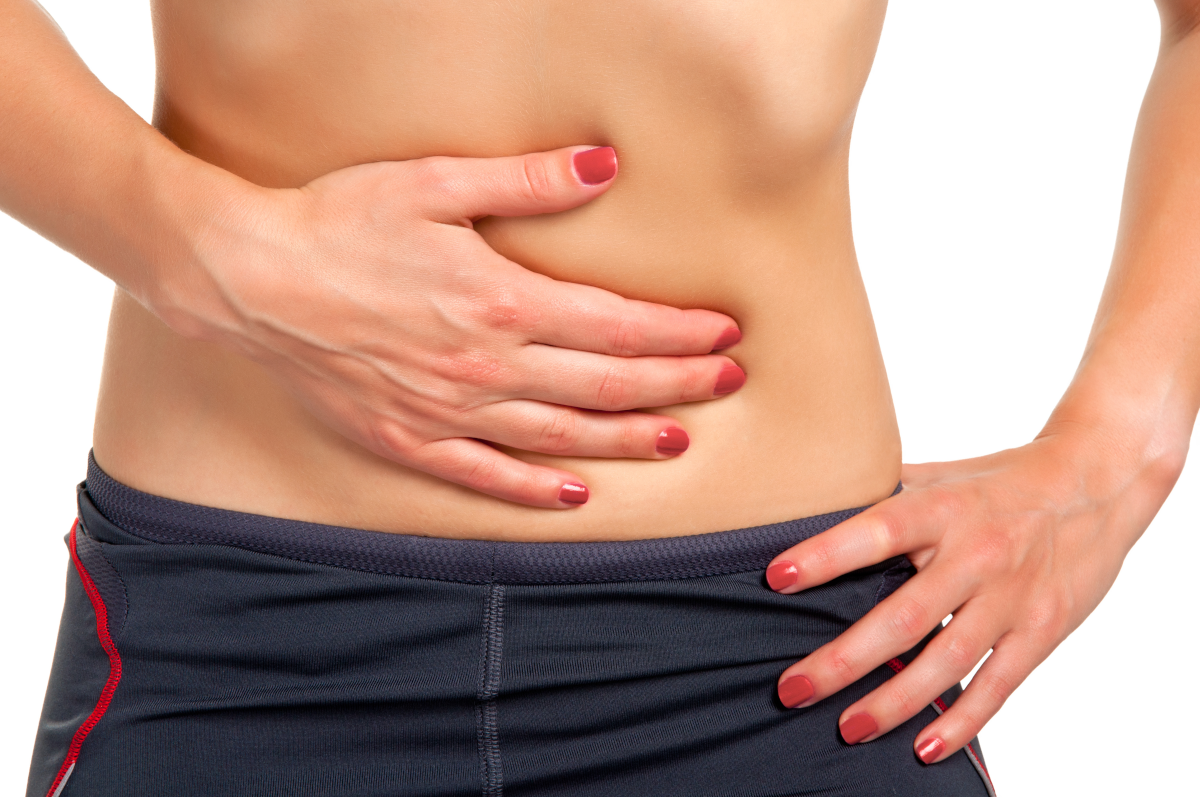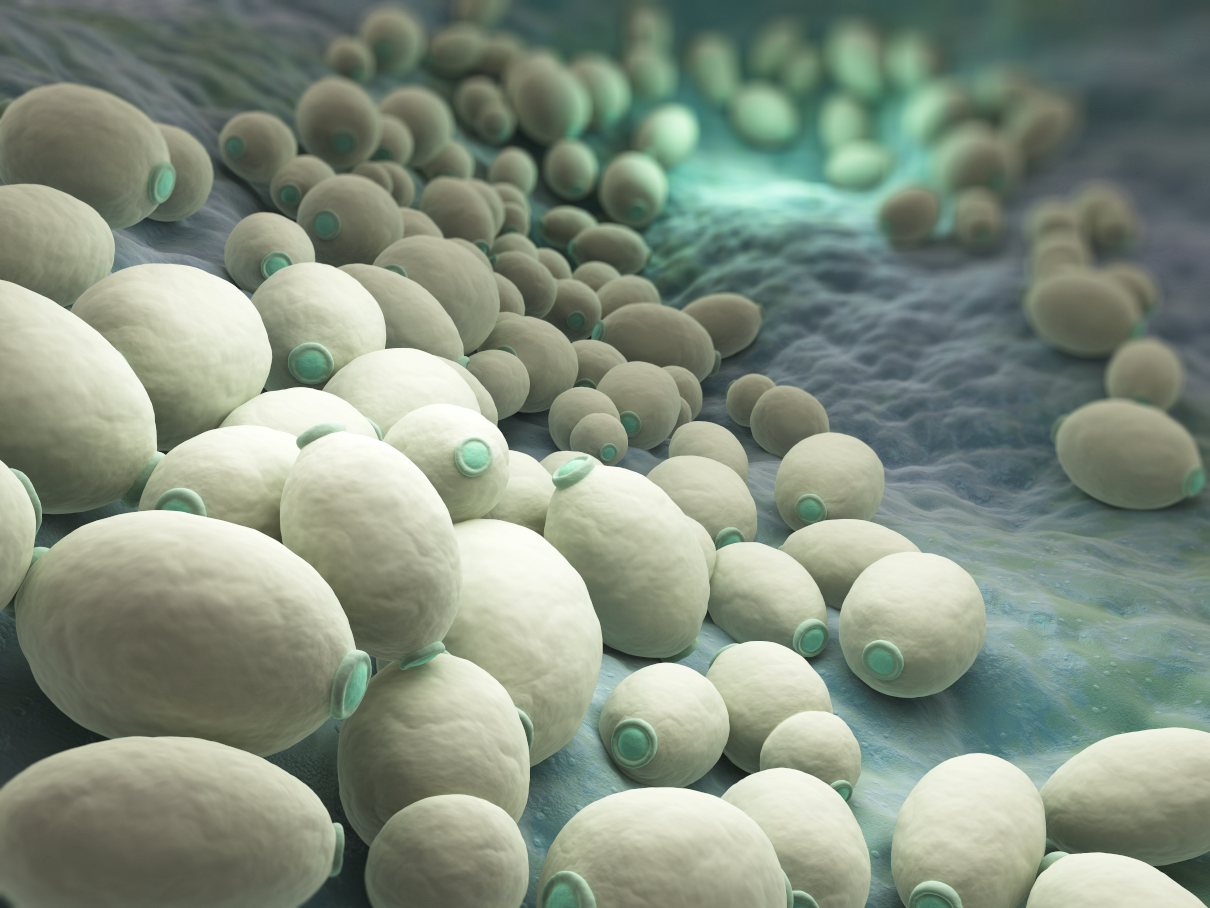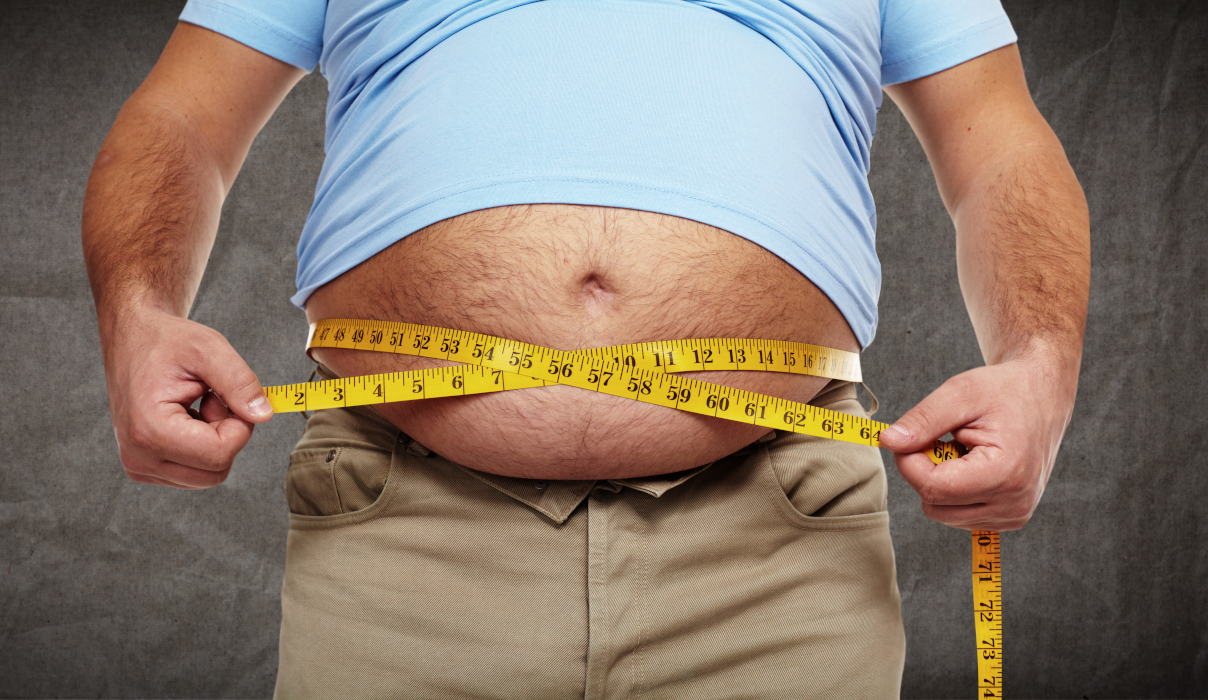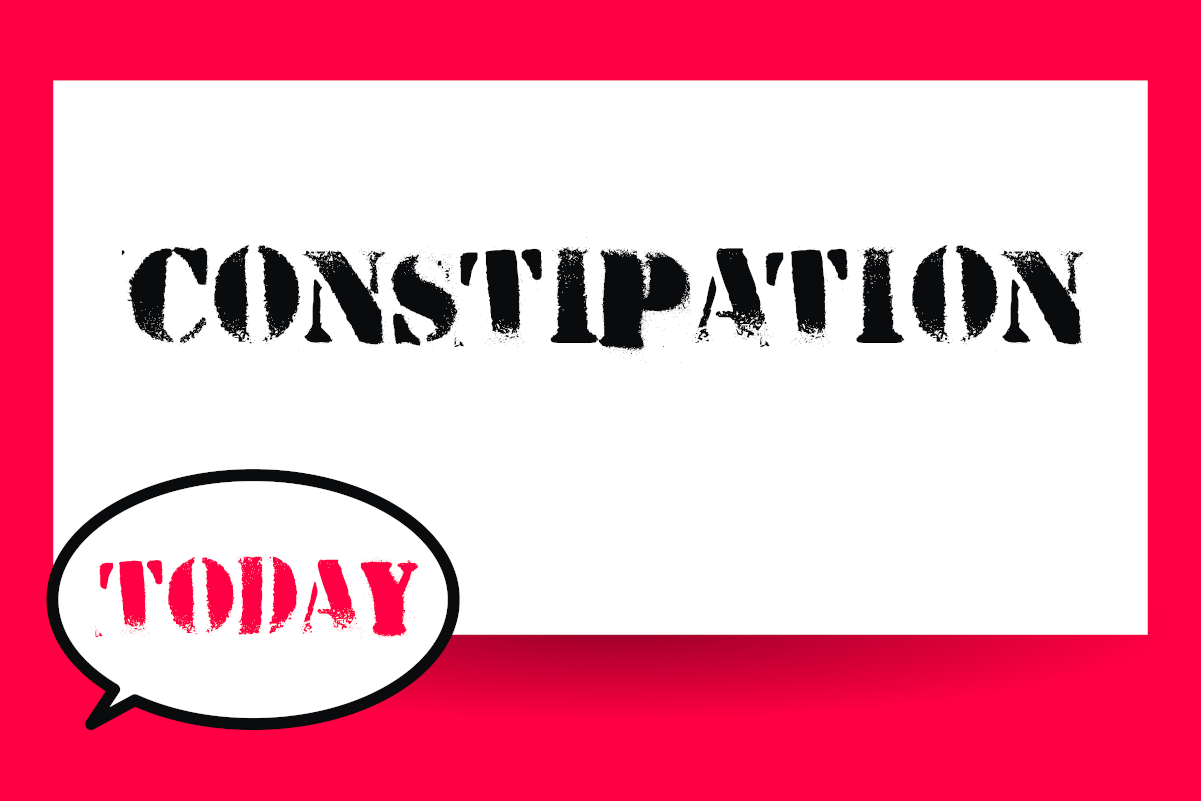
Almost everyone is familiar with the condition of dysbacteriosis of the intestine. Modern medicine often refers to it as the consequence of an external factor, including any disease, causing the composition.
Certain groups of bacteria are present within the human body. The type of microorganism in each specific place, whether the oral cavity, throat, or genitalia, is usually different. Moreover, these combinations are often unique to each person. Physicians call this optimal set of bacteria eubiosis a violation of its composition, quantity, or properties—dysbiosis. The following passage provides further details about dysbacteriosis.

Mini Detox PLUS – 3 colonics, minerals, herbal & probiotic implants
The ideal pattern of colonic treatments includes three alkalising colon hydrotherapy treatments with sodium bicarbonate, one anti-parasitic implant on the first treatment, one liver and gall bladder stimulating herbal implant on the second treatment, and a high-strength probiotic implant on the third colonic.
Symptoms
The condition causes a standard list of symptoms depending on the complications. But the causes of dysbacteriosis of the intestine can be radically different:
Lack of changes in diet, sudden changes in the chemical composition of the consumable water in the area, climate change and stress, and varying diets.
These causes can lead to changes in the intestine’s microflora and may also cause symptoms of dysbiosis.
More serious prerequisites, such as food poisoning, antibiotics, or gastrointestinal tract diseases, can lead to the same conditions. To eliminate the symptoms of intestinal microflora disorders, you first need to eliminate all the prerequisites that caused the situation in the first place.
Dysbacteriosis of the intestine: treatment and prevention
Initially, people treated dysbacteriosis by primarily eliminating the causes of its occurrence. Treating the illness that led to it, taking antibiotics within a specified period, or restoring your original diet. For these purposes, modern medicine recommends three types of therapy.

Food intolerance test of 208 ingredients
This is our most comprehensive food and drink test. It analyses your client’s IgG antibody reactions to 208 food and drink ingredients. This test will highlight their food triggers and help you formulate an IgG-guided elimination diet together.
Effect
Proper nutrition, while under the influence of the impact caused by impaired microflora, can eliminate the problem of dysbiosis.
Medics treat dysbiosis with prebiotics and probiotics. Which, according to assurances, perfectly copes with impaired intestinal microflora.
In more severe cases, medics treat dysbacteriosis of the intestine with more complex pharmaceutical drugs. Scientists have categorised these drugs as antibacterial agents, bacteriophages, antihistamines, and antispasmodics.
Colonic irrigation can restore the microflora of the large intestine. It helps eliminate toxins, remove aggressive bacteria, and improve the immune system’s functionality. Come to our clinic in London, where specialists will carefully plan the perfect treatment for you.

Half leg + Hollywood or Brazilian + Underarm waxing
This waxing option is complete hair removal in the bikini zone in either Hollywood or Brazilian style. It depends on the client’s wishes and on what swimsuit she wears. This treatment lasts sixty minutes.











